Marriage between economics & philosophy often falls apart
To be very frank, I like and I actually adore Amartya Sen. I really appreciate his ideas on social choice theory. I recently read his seminal books like An Uncertain Glory: The Contradictions of Modern India, Poverty and Famines: An Essay on Entitlement and Deprivation. His views on explaining the great Bengal Feminine of 1943 were exemplary. Feminine of 1943 was hardly a problem of bad production and it was basically a problem of bad allocation. Sen believes in a poverty-free society; he believes in a society whereby everybody will get the equal opportunity to fulfill his or her capabilities. He is a proponent of a stronger role of government; he is a big supporter of more and more public investment in quality education, quality healthcare. So, he is ardent follower of Keynes and in the post-Keynesian era, Sen is a very important economist.
Sen’s visions on macro-economy, poverty reduction, government’s role in the economy, democracy and linkage with economy is fresh, original but at the very same time philosophical. Like the old masters (Adam Smith or Ricardo), Sen has been more of a philosopher than an economist. His views on inequality and social choices stem from his academic orientation in philosophy.
So, Sen’s perspective on macro-economy, poverty reduction, government’s role in the economy, democracy and its linkage with economy does not guide us to a solution; these merely broadens our vision, helps us to look more carefully into the caldron. We understand HDI is not a good measurement of poverty and poverty should be measured as per the capability approach; but the problem still remains subtle. How can we evaluate a society’s commitment towards rising in the capability bars? Can it really be measured? Sen talks about better allocation; but direct cash-based allocation is often a whole wastage. Sen wants higher government involvement in the economy; but we are at the same time aware of the evils of government’s intervention.
So, precisely Sen’s thoughts on economics are idealistic and utopian; it is more like the Atlantis (a golden city which no longer exists). Economics is a narrowed and more focused version of philosophy that deals with multiple realities, multiple versions of truth. So, economics may not always embrace idealism and utopianism. Sen’s thoughts on economics are blend of his perspectives on modern economy and eastern philosophy; it is definitely quite a rare breed. Sen has definitely enchanted the academia and his publications have become part of the mainstream – popular economics. But we must not forget Sen’s perspectives blends economics and philosophy – a rare match no doubt and this very match between economics & philosophy often falls apart.
Blog Writer: Hussain Ahmed Enamul Huda

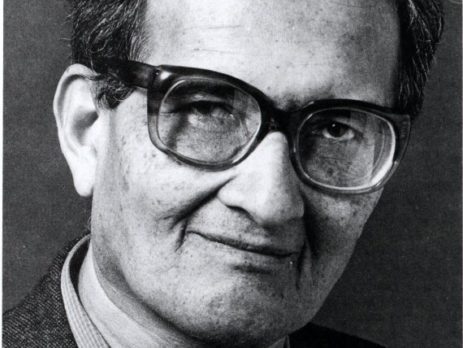
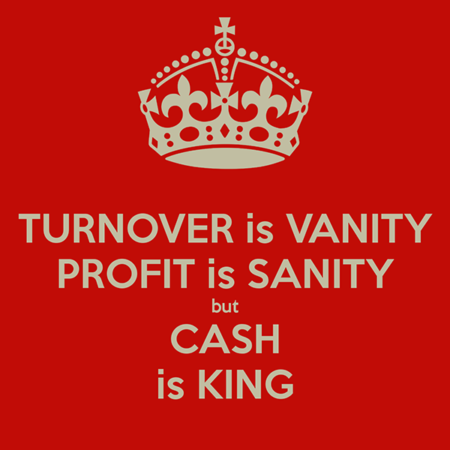
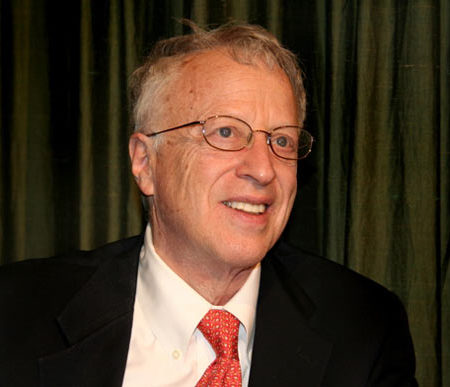

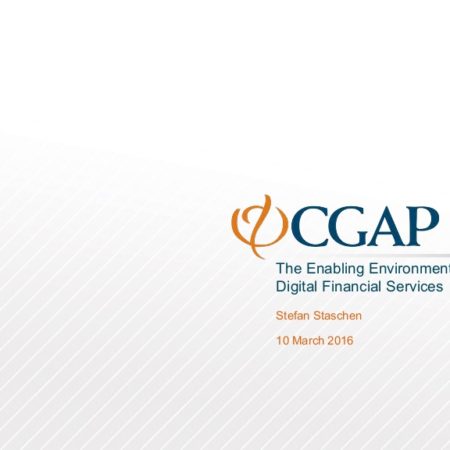
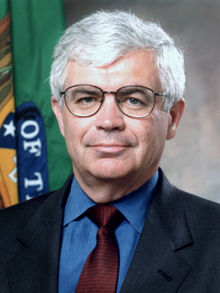
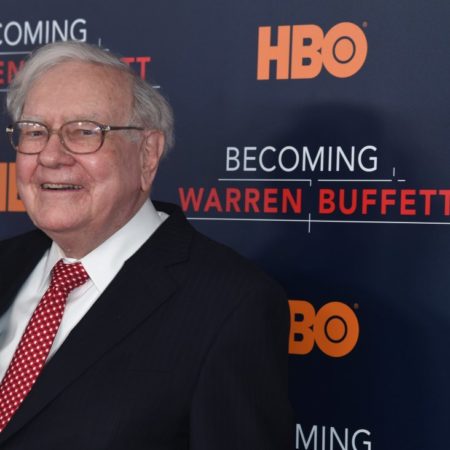

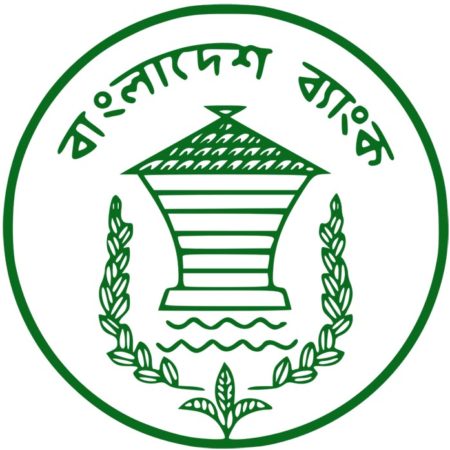
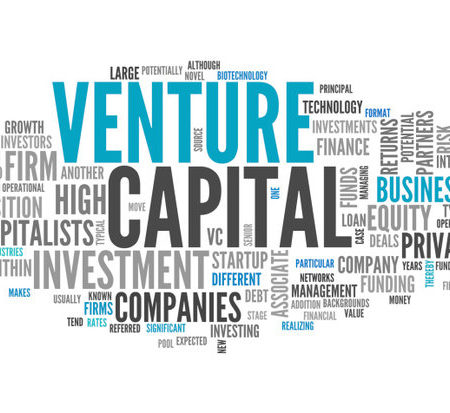

Leave a Reply